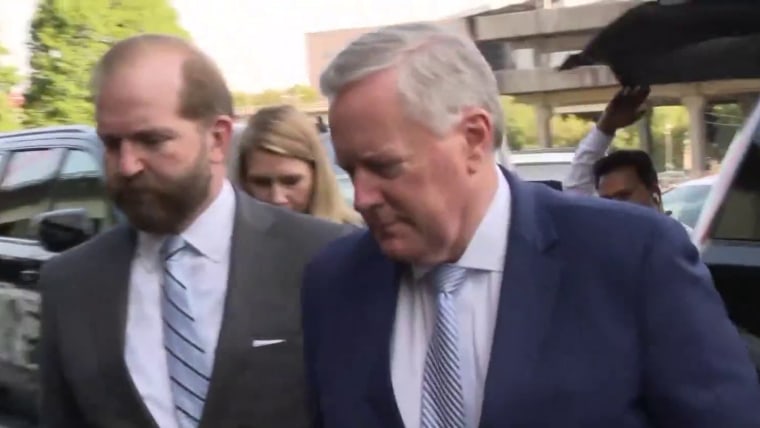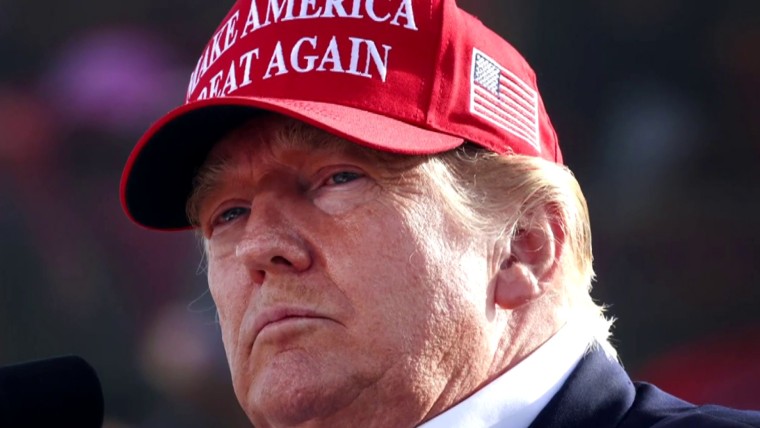The news that Donald Trump’s Georgia state prosecution will be televised is a welcome dose of transparency.
But remember, federal proceedings across the country aren’t broadcast, as we’ve seen (or not seen) in Trump’s federal cases playing out in Washington, D.C., and Florida. Cameras haven’t been rolling in the former president’s state criminal case in New York, either.
The reason it’s important to remember this antiquated feature of our federal system in particular is that, if the Georgia case moves to federal court, then the transparency provided by state court could vanish along with it.
Here’s how.
One of Trump’s 18 co-defendants in Georgia, former White House chief of staff Mark Meadows, was in court this week trying to “remove” his case to federal court. A federal judge still has to rule on whether Meadows’ effort is successful. But if he or any of the other defendants are able to move their case out of state court, then a question for the court to resolve will be whether it’s just the one defendant whose case proceeds in federal court or the whole case goes along with them.
Moving a state case to federal court doesn’t make it a federal case.
As I’ve explained, moving a state case to federal court doesn’t make it a federal case. For example, a president still couldn’t pardon the charges even if the case is removed. That raises the question of why a state defendant would want their case moved; one possibility is the slightly broader federal jury pool beyond Fulton County, though there could be multiple reasons.
But whether or not the diminished transparency that would accompany removal to federal court is on any of the Georgia defendants’ minds, it’s a reality that could come into play.


